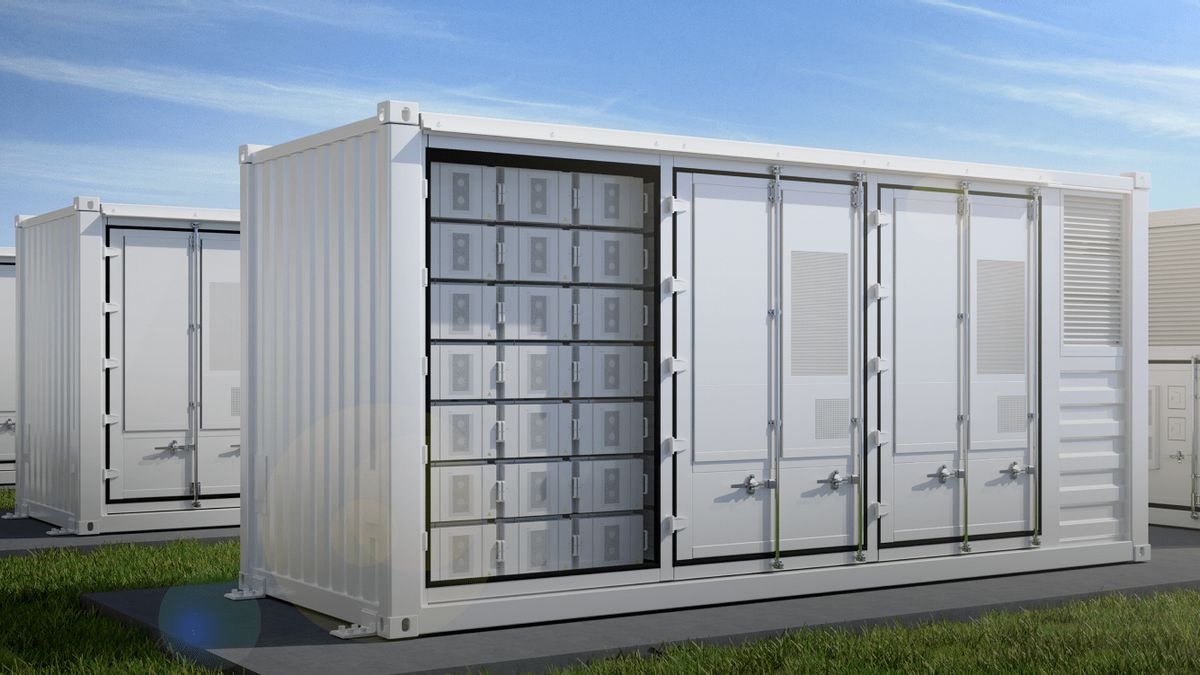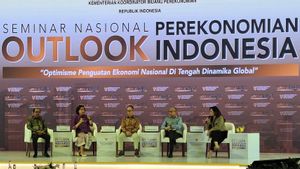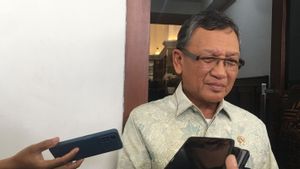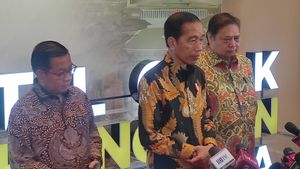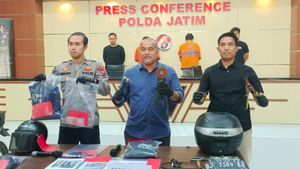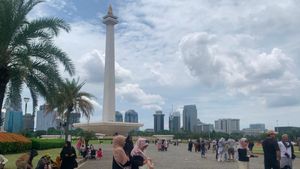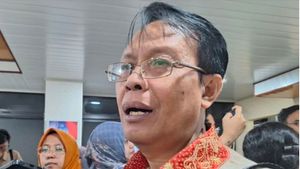JAKARTA SUN Energy and Huawei Indonesia are collaborating to encourage the development of solar energy systems so that they can become efficient energy solutions, especially for the commercial and industrial sectors.
Meanwhile, with the Smart PV 'Smart Micro Grid' technology, Huawei offers an optimal Levelized Cost of Electricity (LCOE), through increasing grid connection capabilities, and increasing security through continuously innovating in string designs to address major challenges in the industry.
In addition, Huawei's latest Smart ESS solution allows full battery charging and charging potential, as well as presents an optimal Levelized Cost of Energy Storage (LCOS) for solar power generation systems.
This micro-grid can help users when switching between medium-voltage electricity sources, both on off-grid and on-grid systems.
In addition, this innovation allows users from various sectors to support the energy transition process at optimized electricity costs, avoid losses due to power outages, active safety levels, as well as smart operations and maintenance for better PLTS operational experience.
Business Development Manager, Smart Micro Grid Solution Huawei Indonesia David Adam Al Rosyid said that in the future, Huawei is ready to collaborate widely with local partners and customers, encourage sustainable innovation, and update competitive Smart Micro-grid + ESS products and solutions.
"SUN Energy is Huawei's first partner in Indonesia to implement the ESS solution at the location of one of its customers. This effort is expected to be a solution to empower people in Indonesia with strong and environmentally friendly energy solutions," said David.
SEE ALSO:
Deputy CEO of SUN Energy Dion Jefferson revealed that Huawei's joint collaboration in developing ESS technology or energy storage in the industrial sector will be an important milestone in SUN Energy's journey as well as the solar energy industry towards an integrated renewable energy landscape for the industrial sector.
"The ESS technology developed with Huawei allows us to provide energy stably and optimally, as well as overcome the challenge of intermittency which is currently also an issue of utilizing PLTS," said Dion.
Micro-grid technology is here as a feasible and efficient option for large-scale infrastructure, to support Indonesia's commitment to sustainable development and encourage the adoption of more massive solar energy in Indonesia.
The English, Chinese, Japanese, Arabic, and French versions are automatically generated by the AI. So there may still be inaccuracies in translating, please always see Indonesian as our main language. (system supported by DigitalSiber.id)
